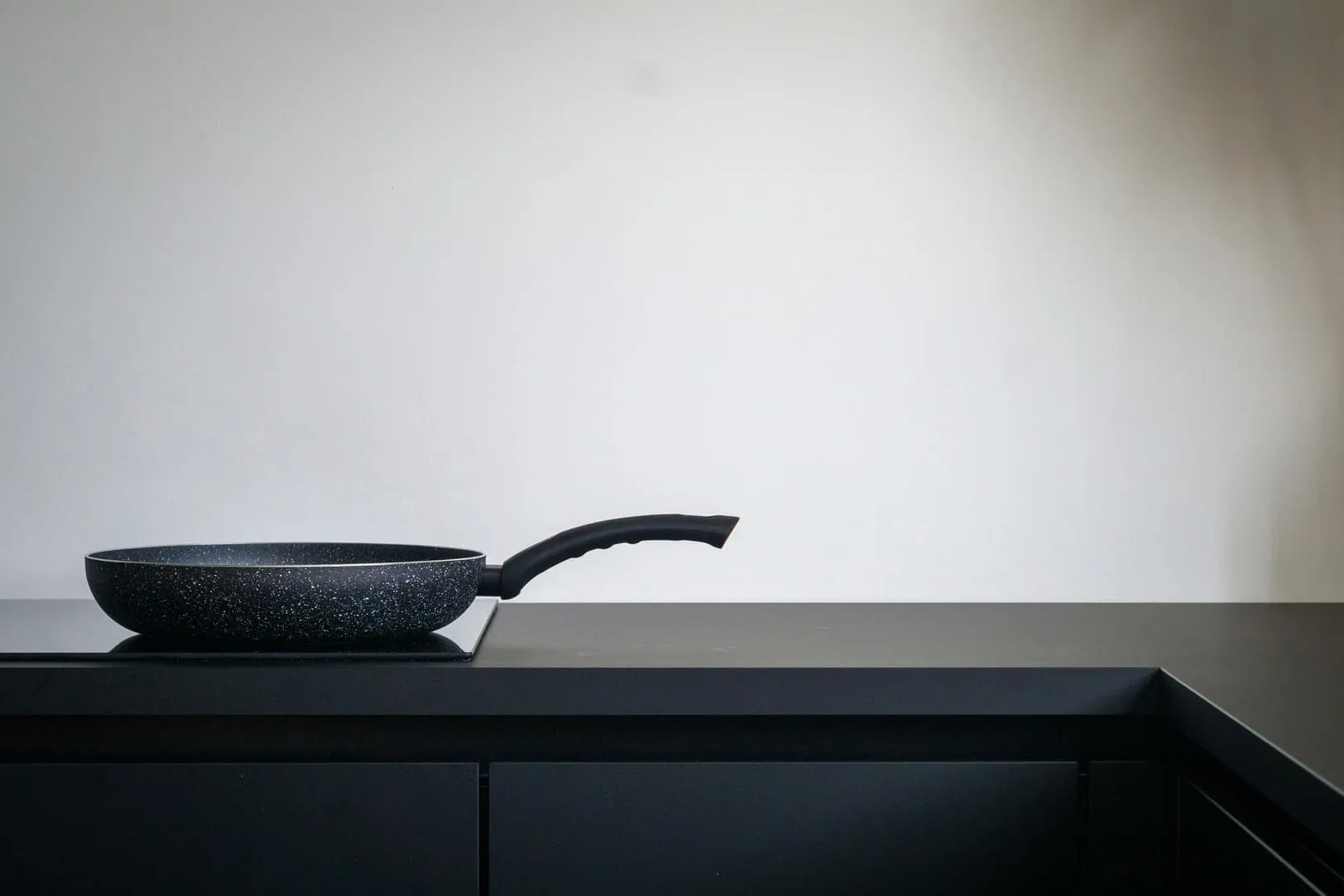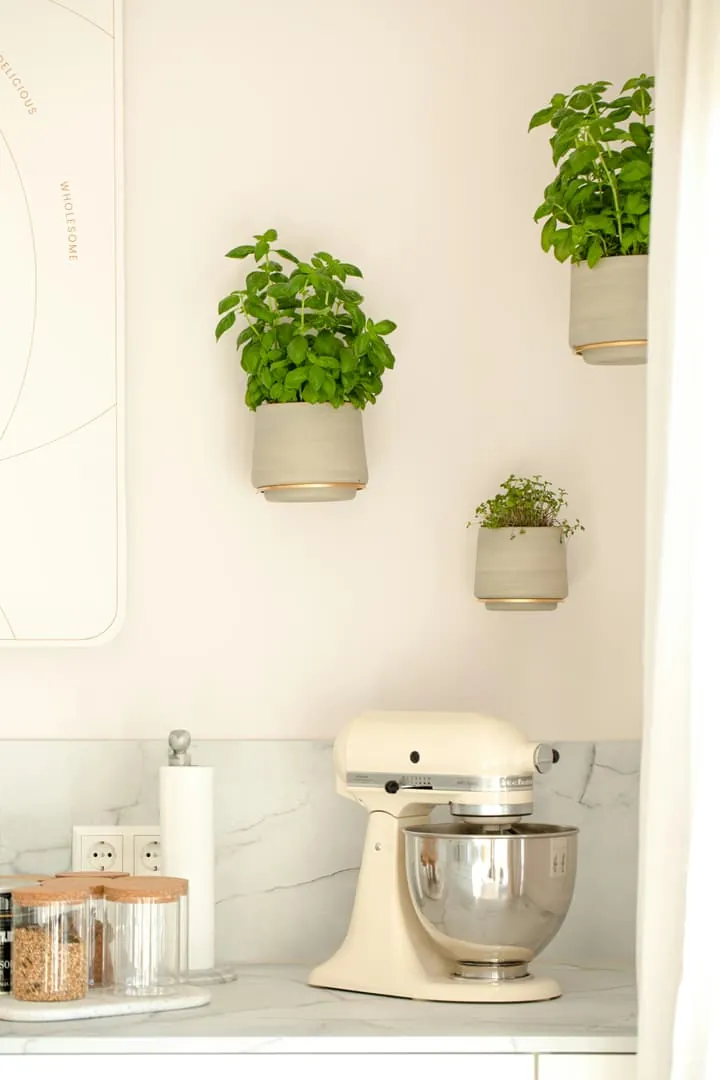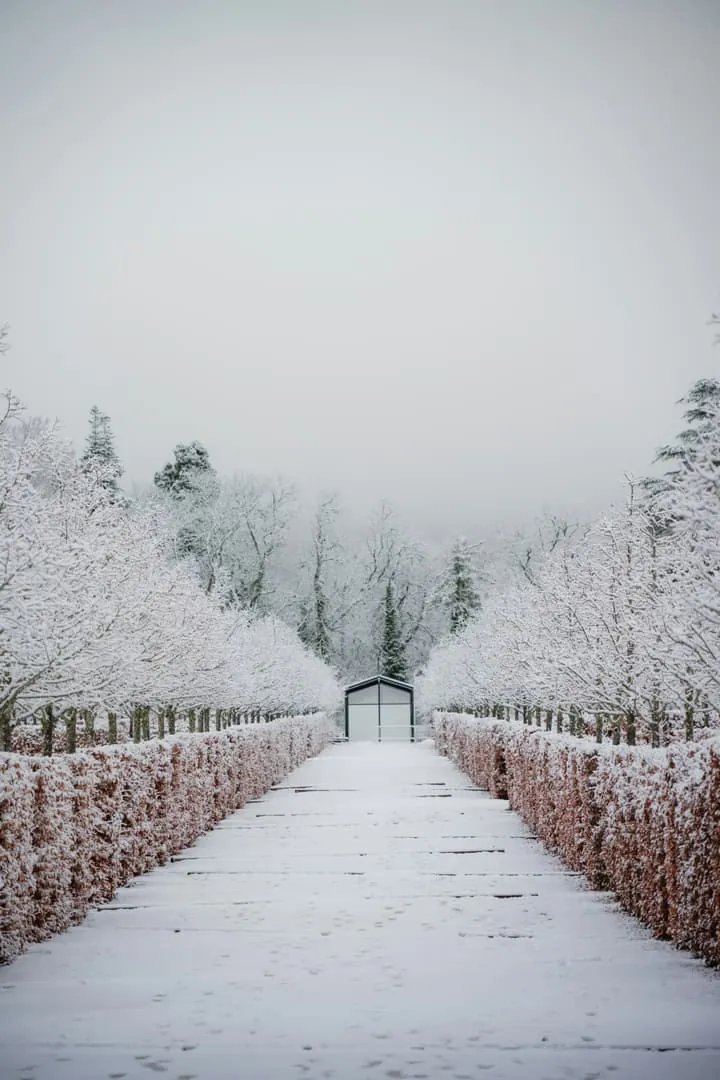
Should You Still Choose Gas or Switch to Induction in 2025?
For years, gas was the obvious choice in French kitchens. It was linked to convivial meals, flame precision, and sturdy equipment. But in 2025, the rules are shifting: induction is taking over, and rising energy bills remind us that cooking isn't just about taste. I've tried both, and here's what I learned.
The Tradition of Gas
I grew up with a gas stove. The click of ignition, the blue flame, the instant heat—it all gave a sense of control. Gas is still efficient and handy, especially for wok cooking or long simmering. But the downsides are real: fluctuating prices, heavier maintenance, and higher CO₂ emissions.
Induction as the New Norm
When I tried induction, I was surprised by the speed. Water boils in minutes, and the plate shuts off instantly when the pan is removed. No flame, no wasted heat: the efficiency is striking. Bills are lighter too, since induction is far more energy-efficient than gas. The only catch is the upfront cost and the need for compatible cookware.
Comparison: Gas vs Induction
| Feature | Gas | Induction✓ |
|---|---|---|
| Energy Efficiency | Average (40-55%) | Excellent (80-90%) |
| Heating Speed | Fast | Very Fast |
| Operating Cost | High (fluctuating prices) | Low and stable |
| Initial Cost | Medium | High + cookware |
| Maintenance | Regular | Minimal |
| CO₂ Emissions | High | Low (electricity) |
| Cooking Control | Precise with flame | Very precise (digital) |
| Safety | Open flame | No flame, auto shutoff |
Which Choice for 2025?
If you cook often and love the feel of a flame, gas still has its defenders. But for households aiming to cut expenses and reduce environmental impact, induction is increasingly the logical choice. Personally, I kept a small gas burner for certain dishes, but my everyday cooking now runs on induction.
Conclusion: In 2025, the choice isn't just about tradition versus modernity. It's about balancing comfort, budget, and sustainability. And in that equation, induction clearly takes the lead. Make the most of your kitchen with our [seasonal soup recipes](/en/blog/2025-10-03-seasonal-soups-autumn-harvests) and discover our [autumn breakfast ideas](/en/blog/2025-10-06-autumn-breakfasts) to get the most from your new induction cooktop.
Stay Updated
1 tip per week, no spam.
About the author:
Alexandre Dubois is a French sustainability enthusiast who explores practical, science-backed habits for everyday life. From reducing household energy use to cutting food waste, his focus is on small changes that add up to real impact. He shares what he tests in his own home so others can live greener without sacrificing comfort. Contact: info@greendailyfix.com
Related posts

The Winter Home Problem Nobody Talks About: Humidity, Mould, and the Air You’re Breathing
Every winter, we seal our homes to keep warmth in — and trap something else inside. Humidity rises, air stagnates, and invisible pollutants accumulate. In 2026, indoor air quality is becoming one of the most overlooked health issues in European homes.

From Optimisation to Protection: Why European Homes Are Redefining Energy Strategy in 2026
For years, energy advice focused on optimisation: better efficiency, higher performance, maximum savings. In 2026, European households are quietly changing priorities. The new goal is not perfection - it is protection.

The Illusion of Energy Stability: Why Europe's 2026 Calm Is Costing Households More Than They Think
For the first time in years, Europe entered winter without an energy shock. No dramatic price surge. No emergency headlines. And yet, something more dangerous is happening quietly: households are mistaking stability for safety.

Europe’s Winter Wake-Up Call: The Hidden Energy Decisions Millions of Homes Will Regret Delaying in 2026
This winter, Europe didn’t freeze — but something else happened quietly. Millions of households realized that energy problems no longer arrive as shocks. They arrive as slow, expensive regrets. Winter 2026 isn’t about panic. It’s about the cost of waiting.